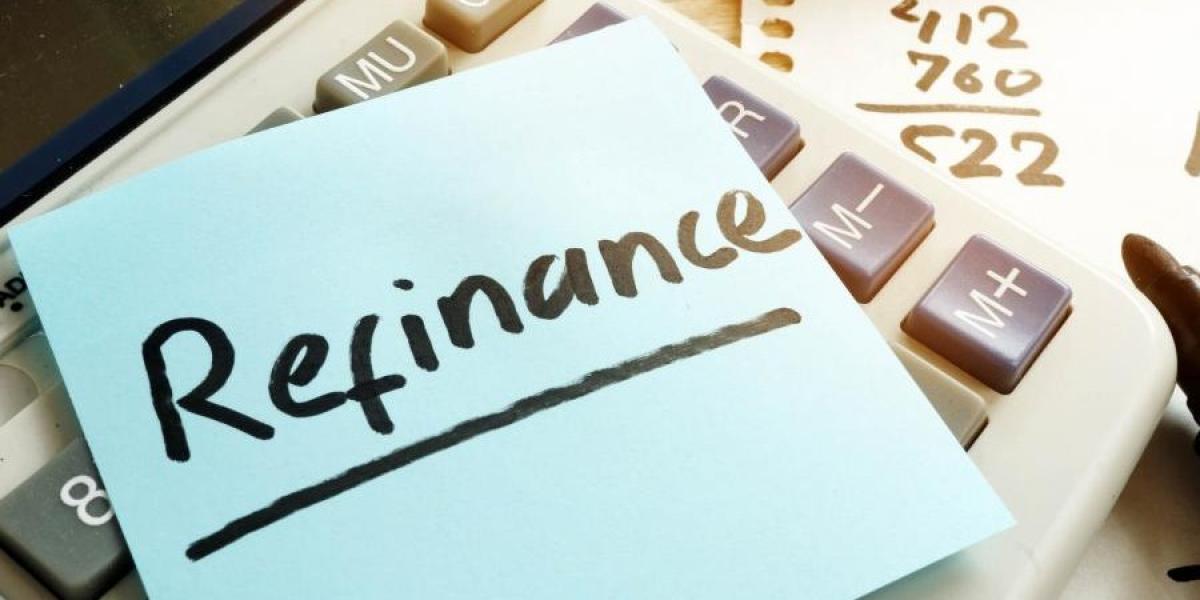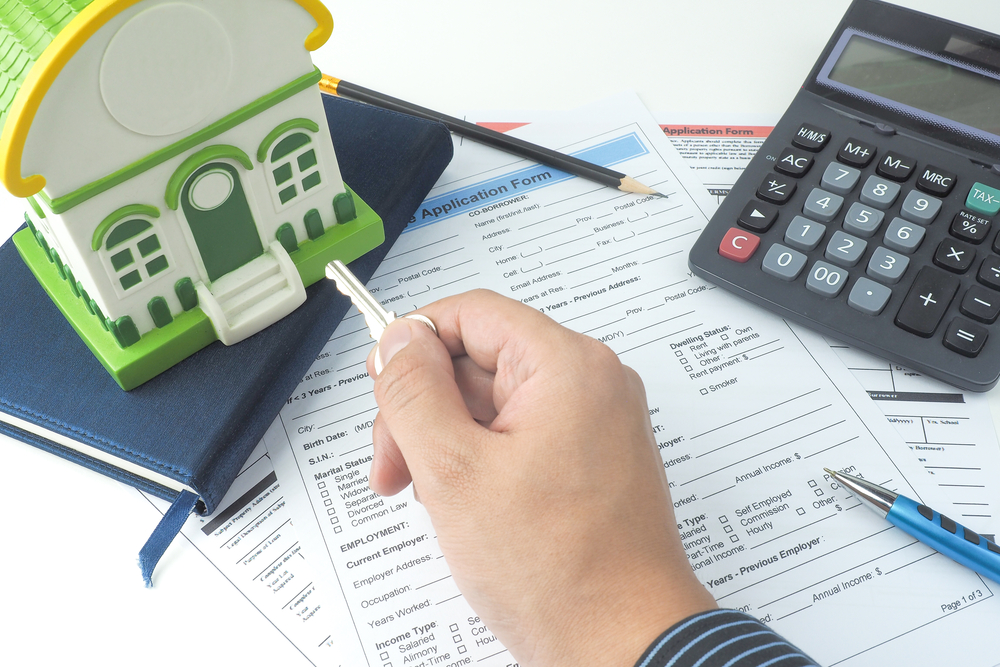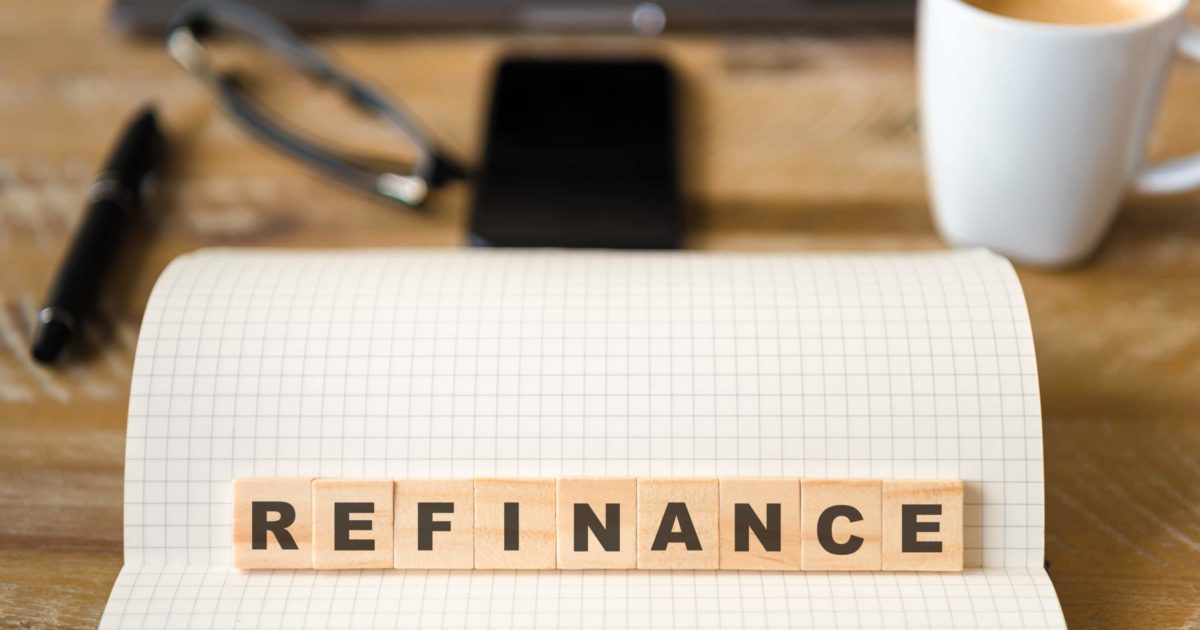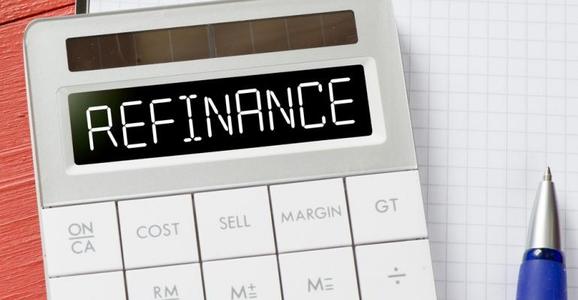How to Do a Refinance on Your Housing Loan?
Refinancing is replacing old loans with new loans and continue to pay off debts.
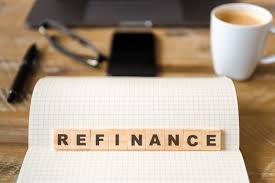
The problem that cannot be avoided when buying a home is a loan.
If the timing of the loan is not good, it is at a high interest rate, and the pressure can be imagined after a 30 year loan.
However, many people do not know that it can be changed after the loan. Refinancing is the medicine of regret. This can help you save money and change years. Today we will talk about the use of this refinancing.
What is refinancing?
Refinancing is replacing old loans with new loans and continue to pay off debts.
How do I know if I need refinancing?
Indeed, refinancing is not a takeaway, you can come if you want.
Since it was a new loan, it was taking a lot of time and labor, otherwise everyone would have done it.
It is only at the right time and under the right conditions that refinancing can help save money.
In these situations, you can consider refinancing:
1. Increased score
There are two determinants of interest rates on loans: one is the benchmark interest rate and the other is the credit score. Depending on the benchmark interest rate, a percentage will increase based on your credit history.
The better the credit, the lower the percentage. This means that the lower the interest rate on your loan.
For example, if you buy a million dollar home, it will be paid back in 30 years at an interest rate of 5%. Now that the credit score is increased, you can use refinancing to lower the interest rate to 4%, saving a lot of money each year.
2. ARM will adjust
Many people use ARM (Variable Rate Mortgages) because this type of loan can pay relatively little fixed interest in the first few years.
However, when the time has expired, ARM must adjust. At this time, the market interest rate becomes high, which is not good for loans. You can consider refinancing and switch to a fixed rate mortgage to save money.
3. Need for significant expenditure
Renovating or renovating a house requires significant expenses. If you have good credit at this time, you can also use a withdrawal refinance to get the money directly.
For example, a few years ago, I bought a house for $ 250,000 US and a loan for $ 150,000. The real estate market is now worth 300,000. And you only have to spend 25,000 dollars to build a swimming pool.
With Cash-Out Refinancing, you can increase the loan to 175,000 and get an additional 25,000 cash.
What’s the benefits of refinancing?
1. Save interest
This is the most direct reason for everyone's refinancing. Applying when interest rates drop, especially for these 30-year long-term loans, can save a lot of money.
2. Reduce monthly payments
The refinancing request is equivalent to restarting the timer and extending the term of the loan. For example, if a 30-year loan decides to refinance the fifth year, it can be recalculated for 30 years.
On the other hand, under normal circumstances, during the Refinancing, your debt is lower than the amount of the original loan, the more the duration of the loan is recalculated, the monthly offer will naturally decrease. This allows more cash available each month.
3. Shorten the term of the loan
Refinancing can either extend the term of the loan or shorten the term. For example, replace the 30-year loan with 15 years.
In the case of sufficient funds, you can certainly pay directly to pay off the debt in advance. But shortening the loan term with refinancing can often lower the interest rate.
4. Manage consolidated loans
If you have multiple loans, especially when interest rates go down, combine them into one loan via refinancing. It not only saves money, but also makes it easier to track and manage debt repayment.
What are the risks of refinancing?
Refinancing is certainly not 100% guaranteed to save you money. Sometimes its initial cost even exceeds the amount it can save. So be sure to keep your eyes open and plan carefully.
1. High transaction costs
The cost of a home loan during refinancing will be high. Closing costs can even reach several thousand dollars. Therefore, when you decide to apply, be sure to calculate all the costs to avoid earnings.
Fortunately, however, some loan companies will waive some or all of your closing costs. Therefore, if you find the right company, you don't have to pay these fees. Don't be too cool. (The company will be introduced later ~)
2. Lose the original offer
After refinancing, interest on new loans can be reduced. However, the original additional preferential conditions will also disappear. Therefore, the lender must weigh which method can best maximize the benefits.
3. Pay more interest
After extending the loan period, although the monthly repayment pressure is less, in the long term, it is possible to pay more interest on the total amount. Therefore, we must determine if we have lost from a professional point of view.
What will not change?
There are two things that will not change after refinancing.
1. Liabilities
Under normal circumstances, your debt will not change when you apply for refinancing. Unless you are using Cash-out Refinance.
2. Mortgage
When you cannot afford the mortgage, your home will still be mortgaged and will not be changed by refinancing.
Are there any traps?
Of course there are. Some common misconceptions require special attention.
1. Overestimated housing value
Three years ago, your home was valued at $ 1 million, which doesn't mean it's still the same price.
Fortunately, real estate appreciation in Seattle and the Bay Area is stable, but the rest of the United States may not be as fortunate.
The fall in house valuations leads to a reduction in the net asset value and the refinancing offer proposed by the banks may be lower than expected.
2. Look only at interest rates
Lower interest rates are the main motivation for refinancing. But if you only look at the interest rate and ignore the loan period, processing fees, etc. mentioned above, you risk losing the watermelon and picking sesame seeds.
At present, macro and comprehensive considerations are necessary.
3. Don't read the terms
You can have a similar experience: an 80-page document was signed without even looking at it.
Know that the loans are linked to your monthly expenses and your long-term commitments. The provisions must be read carefully to understand the money.



